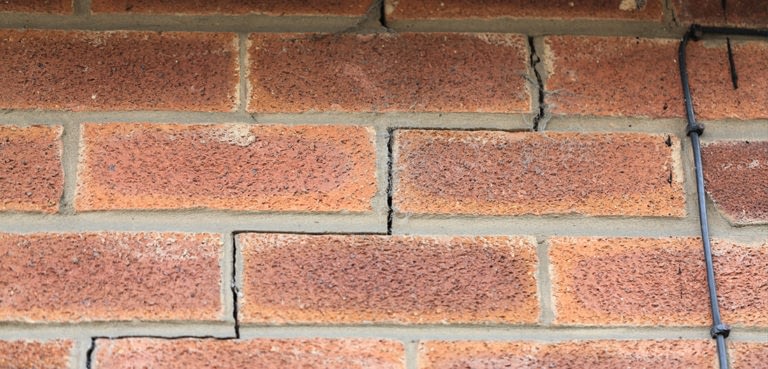What is Term Life Insurance, and How Does it Work?
Posted: March 7, 2023

Term life insurance is the most affordable form of life insurance. It provides coverage for a specific period, typically 10 to 30 years. A contract between you and an insurance company is established which, as long as you pay your monthly premiums, should you die unexpectedly, a death benefit will be paid to your beneficiaries – generally the spouse or children, but any individual, organization,...
How Promoting Workplace Safety can Save You Money
Posted: March 4, 2023

No business owner wants to have an injured employee. Reducing the risk of accidents and injuries is a critical aspect of good management, in every industry. Employees who have been trained with customized worker safety programs are far less likely to be injured when performing the duties of employment – and file a claim with your workers’ compensation insurance provider. Every claim filed with your...
Can Having an Eco Friendly Home Reduce Your Homeowners Insurance?
Posted: March 3, 2023

Your homeowners insurance premiums can be reduced with eco-friendly changes to your home environment. Any way to reduce monthly costs is valuable, and it is worth considering whether making changes could help you save. Some of the incentives offered by several insurance providers include: LEED certification for a home: LEED, or “Leadership in Energy in and Environmental Design,” is a green building rating, which most...
The Pros and Cons of Crowdfunding: Is It Right for Your Business?
Posted: March 1, 2023

As a business owner, you’re undoubtedly familiar with the old adage, “it takes money to make money.” It’s a fact that rings true for any new venture. Whether you’re looking to launch a startup, expand your existing service offering or add a second location, it requires an upfront financial investment.Traditionally, most entrepreneurs have had only a few options for funding their business. They can self-fund their...
Help Your House Recover from Frost Heave
Posted: March 1, 2023

Frost heave occurs when ice forms underneath soil. As the frozen soil switches between freezing and thawing, it can cause the very foundation of your house to shift since frozen soil has about 10 percent more volume than dry soil. This can lead to serious structural damage to your foundation. Unfortunately, frost heave is not covered under most homeowners policies. Frost heave can happen in...
